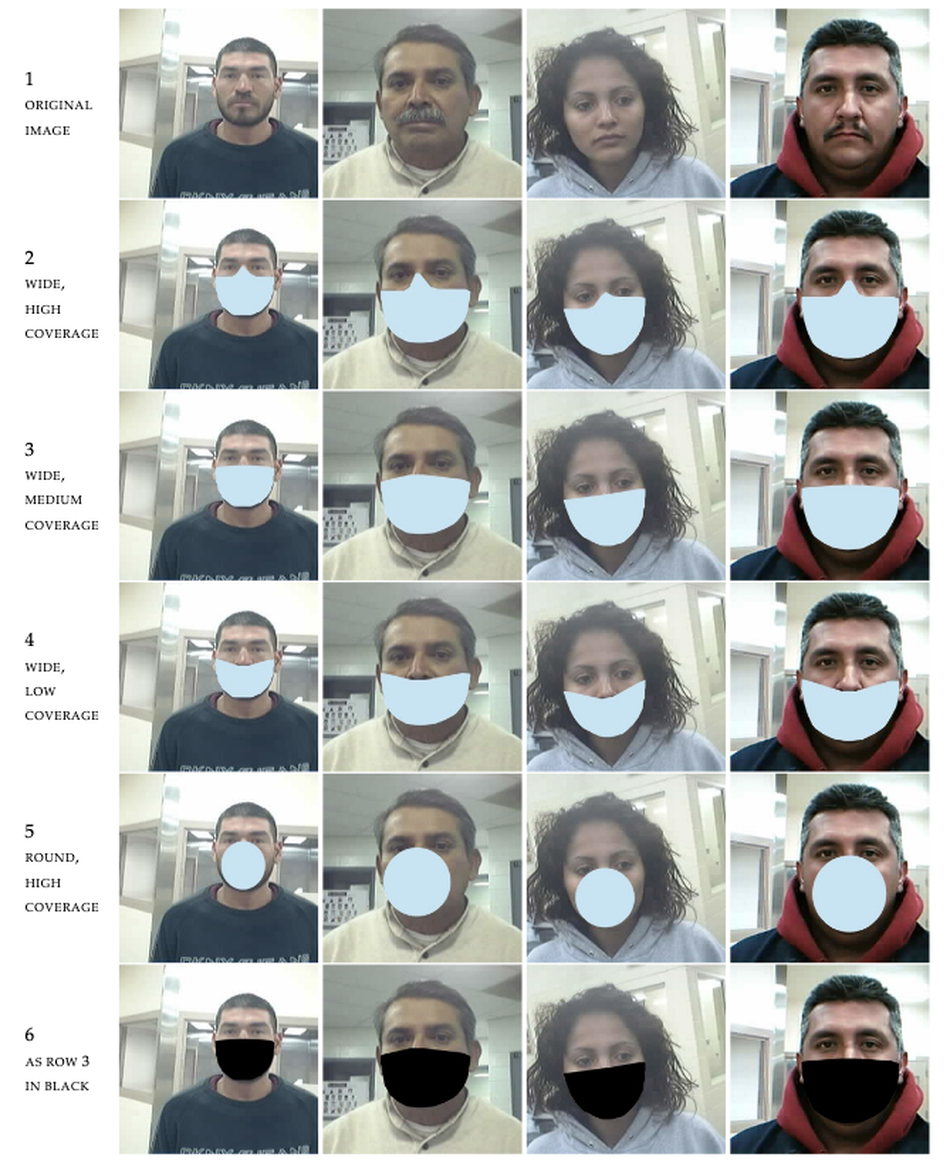Well, there goes the tiniest privacy silver lining on that otherwise dark coronavirus cloud.
A new study from the National Institute of Standards and Technology (NIST) found that many commercially available facial-recognition systems are still able to correctly identify people wearing face masks. As mask use becomes ever more commonplace due to the pandemic, there continues to be much law enforcement hand-wringing about possible negative effects on the pervasive surveillance technology. The NIST study suggests that police can rest easy.
The study, published Monday, evaluated the performance of 89 facial-recognition algorithms. Notably, these were all algorithms developed pre-pandemic. In other words, none of them were developed for a world where masked individuals are the norm. Even so, according to NIST, some of the algorithms performed remarkably well at identifying people with masks on.
“Using unmasked images, the most accurate algorithms fail to authenticate a person about 0.3% of the time,” explains a press release accompanying the study. “Masked images raised even these top algorithms’ failure rate to about 5%, while many otherwise competent algorithms failed between 20% to 50% of the time.”
While that may actually sound pretty good — mask wearing increased the error rate, after all — the fact that it only increased it to about 5 percent for higher performing algorithms isn’t exactly heartening.
Thankfully, there are some notable caveats to the study which may translate to a little less doom and gloom. For starters, the study authors — Mei Ngan, Patrick Grother, and Kayee Hanaoka — digitally added masks to photos in order to run the test. They admit that this creates a whole host of unknowns and new considerations.
For example, would the varying textures of real masks affect the algorithms in some unknown manner? Or, alternatively, how might the technology respond to the inconsistent fit of different masks on diverse faces?
These questions are difficult to answer without using real photos of people wearing actual masks.

Example of the type of digital masks applied to photos for the NIST study.
Image: nist
What’s more, the study authors “did not address the effect of eye-glasses or eye-protection.” In other words, glasses or sunglasses might provide the wearer with added protection against facial recognition.
Don’t get too comfortable, however, as the caveats go the other way, too. For starters, remember, this study was done on pre-pandemic algorithms. NIST already has a study in the works to look at facial-recognition technology specifically designed for the face-mask era.
“With respect to accuracy with face masks,” NIST computer scientist Mei Ngan cautioned in the press release, “we expect the technology to continue to improve.”
Also, there’s the possibility that — in some limited cases — masks might actually make it easier to identify subjects.
“We received a suggestion that such information [like patterned masks] may serve as a soft biometric,” notes the study, “in that a subject that always wears the same textured mask will be more identifiable.”
SEE ALSO: Police claim ‘violent extremists’ exploit coronavirus to defeat facial recognition
The research was conducted “in collaboration with” both the Department of Homeland Security and Customs and Border Protection — an important fact to keep in mind as demonstrations following the killing of George Floyd continue across the country, and body-armor sporting feds respond violently to protesters in Portland, Oregon.
So the next time you take to the streets to protest police brutality and federal overreach, remember: Your coronavirus mask alone isn’t enough to guarantee your anonymity.
